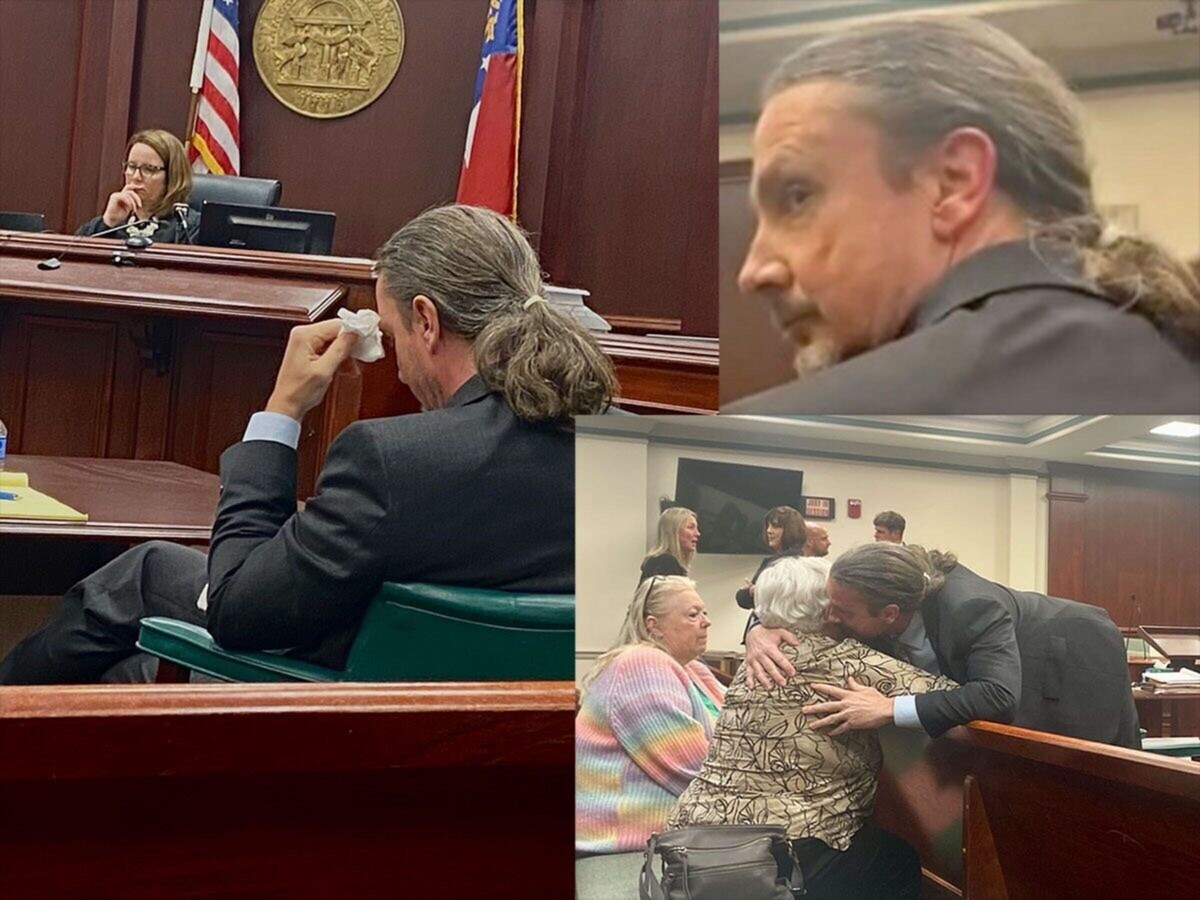Image


In the end, the jury needed a mere 38 minutes to deliberate before finding Marcus Lillard not guilty on all counts earlier this month.
If not for a technical question about one of the lesser charges, it wouldn't have taken that long, according to one of the 12 jurors, who recently spoke to Baldwin2k News.
"Every single (juror) in that room (during deliberation on Friday afternoon) was in the 'not guilty' camp," said the juror, who asked to remain anonymous. "We got hung up once or twice for a couple of minutes on the reckless conduct charge, but that was it."
The juror, who preferred to remain anonymous, discussed many aspects of the trial in the interview and answered many questions. What swayed the jury most? What did the prosecution do right and wrong? What did the defense do right and wrong?
This is 2022, and nowadays it's hard to avoid social media, especially if you're a juror following the conclusion of a murder trial. The anonymous juror said some of the comments have been "ugly," especially one that read "may Karma rain down on the members of that 'jury' for the rest of their miserable lives as the universe sees fit."
"I'm angry. I really am," they said. " We did our civic duty, what were were supposed to do for 35 dollars a day, and we are still getting slandered on social media.
"We very much wanted justice for Marianne Shockley. We hate this. Nobody deserves this. If there was justice to be served, we wanted it. But, we could not go to sleep at night knowing that that we did 100 percent what we were supposed to do and convicting (Lillard) of something we had no stone cold truth of."


Indeed, the Lillard trial was the most relatively high profile (and strangest) murder trial in a very long time around Baldwin County. After four days of testimony, Lillard was acquitted on all charges. As soon as the jury was thanked and told where to pick up their checks and dismissed, however, Judge Allison T. Burleson then took over for the second part of Lillard's trial, the probation revocation bench trial, which didn't involve a jury. Instead, as the "lead fact finder in the case," Burleson concluded that Lillard violated the terms of his probation during the May 2019 incident.
"I revoke your probation for the balance of your sentence, which runs through Oct. 15, 2030," the judge said. "You'll have to do as much of that as the parole board orders you to serve."
Burleson made it clear that she and the jury had a very different opinion.
"I've come to quite a different conclusion than what the jury has come to," she said. "It is quite clear to this court that the only person you were concerned with that night, May 11, 2019, was yourself."
In other words, it's now up to the Georgia State Board of Pardons and Paroles to decide in a hearing, which hasn't been scheduled yet. The board could decide to free Lillard. They could make him serve a few years in prison, or they could decide to make him sit in prison until the fall of 2030.
The prosecution had "an uphill battle," according to the juror.
"I don't know if they were rushed to take it to trial or had to take it to trial, but they didn't have a lot," they said.
Several things that the prosecution did also didn't help its case, according to the juror. The big turning point, according to the juror, was when a GBI agent testified and admitted that "I lied" to Lillard about finding his DNA "all over Shockley" during an interview in the days following the incident. In the end, no DNA was found on Shockley's body, the jury learned.
Also, the six different sexual partners who were called to testify on Wednesday also "didn't sit well" with the jurors.
"It was sort of overkill. (The jury was) over it. Why make that many women have to get up there and testify? Two or three was enough," the juror said.
Another big one was in closing arguments, when the prosecution referenced a supposed letter that Shockley wrote, even though the letter was never entered into evidence.
"As far as us jurors went, the letter never existed," the juror said.
In the interview, the juror called Lillard "a narcissist and a professional manipulator." At the same time, however, the juror didn't feel comfortable convicting Lillard on a hypothetical scenario, one that involved Lillard choking Shockley to death during sex in the hot.
"Unfortunately, without a reasonable doubt we could not say that Marcus Lillard did this," the juror said. "Somewhere in there, he was probably liable for something and needed to be reprimanded. I wish they had given us more charges to choose from."
Lillard originally was indicted on one count of "concealing a death," among other charges. When Lillard was re-indicted, however, the District Attorney's Office didn't include "concealing a death" among the charges.

